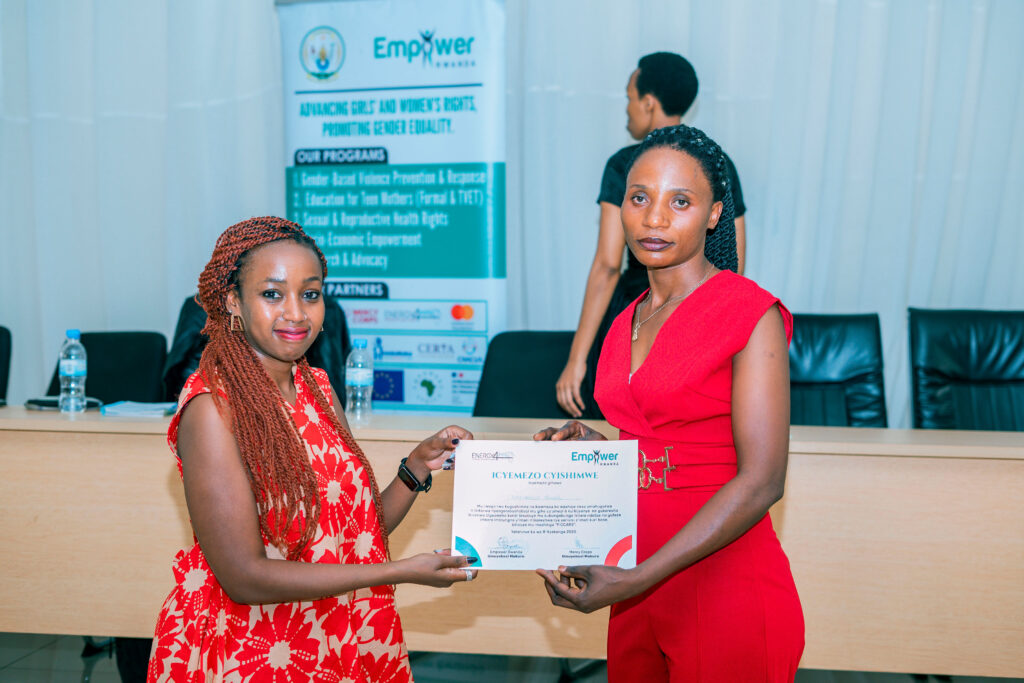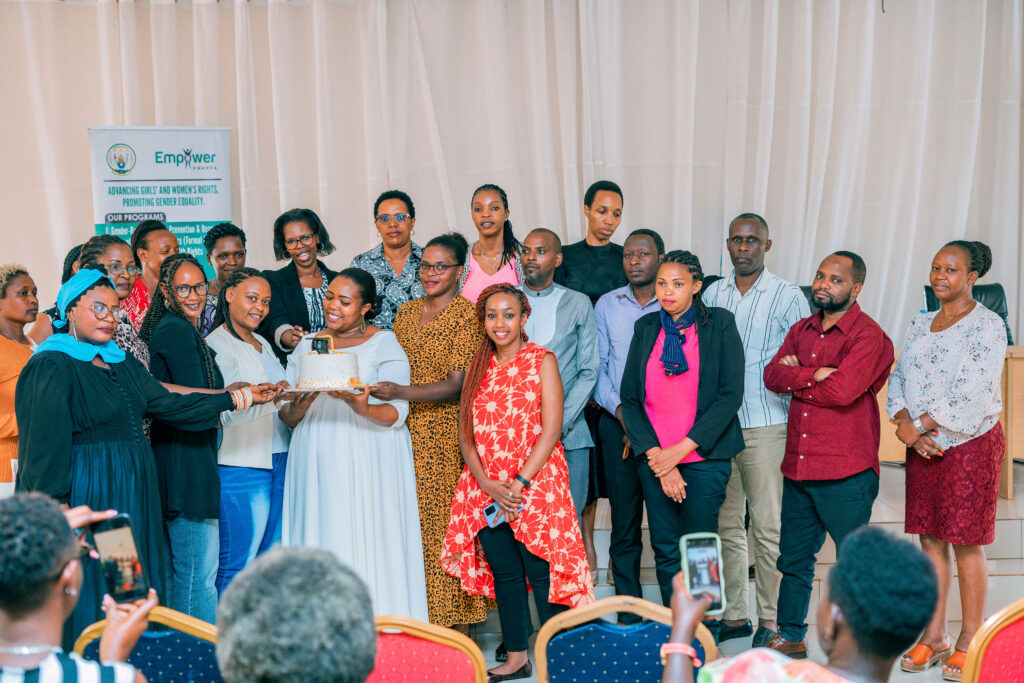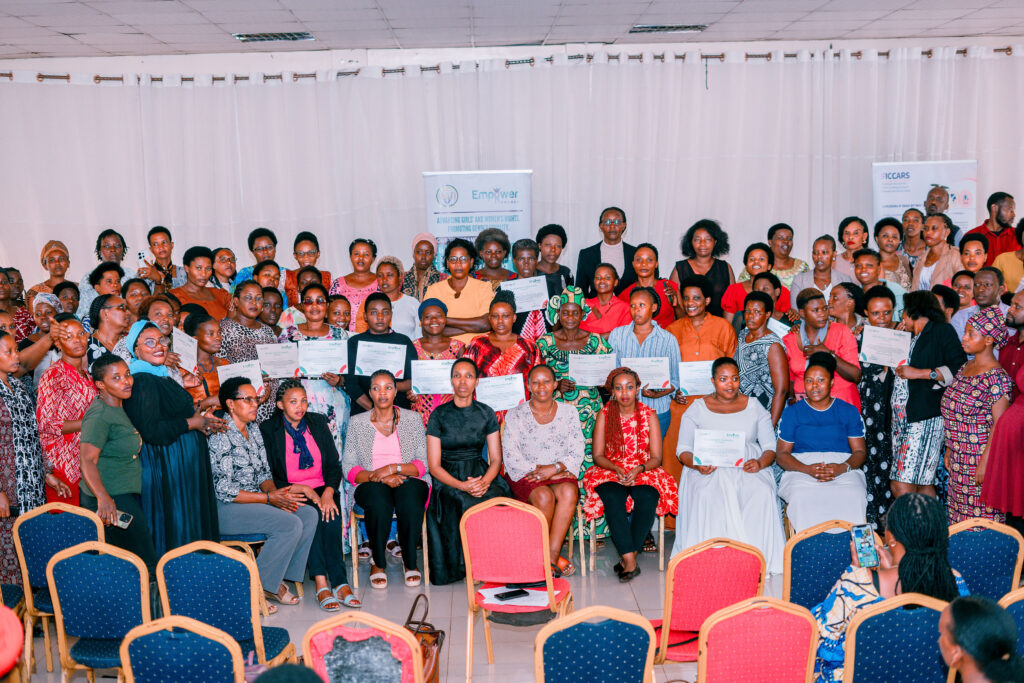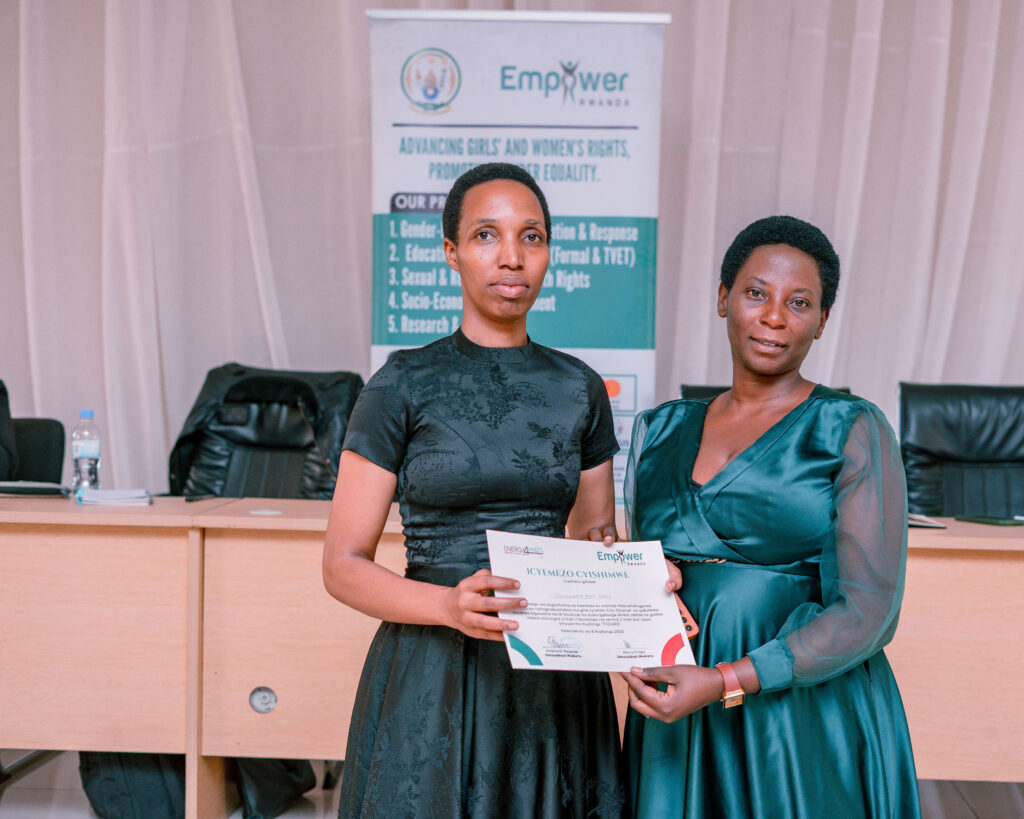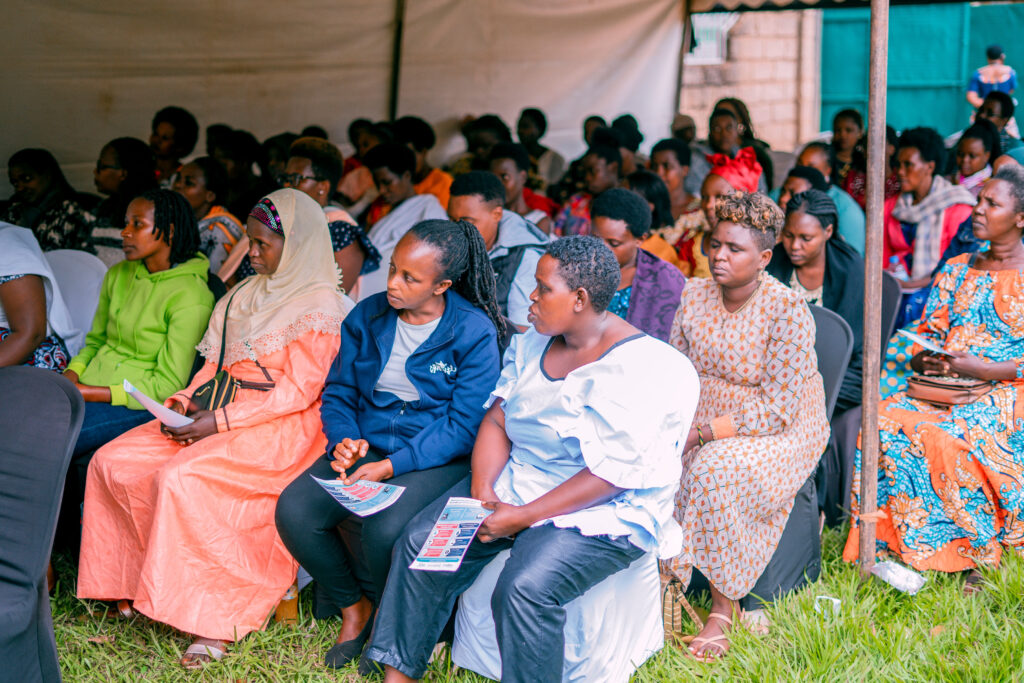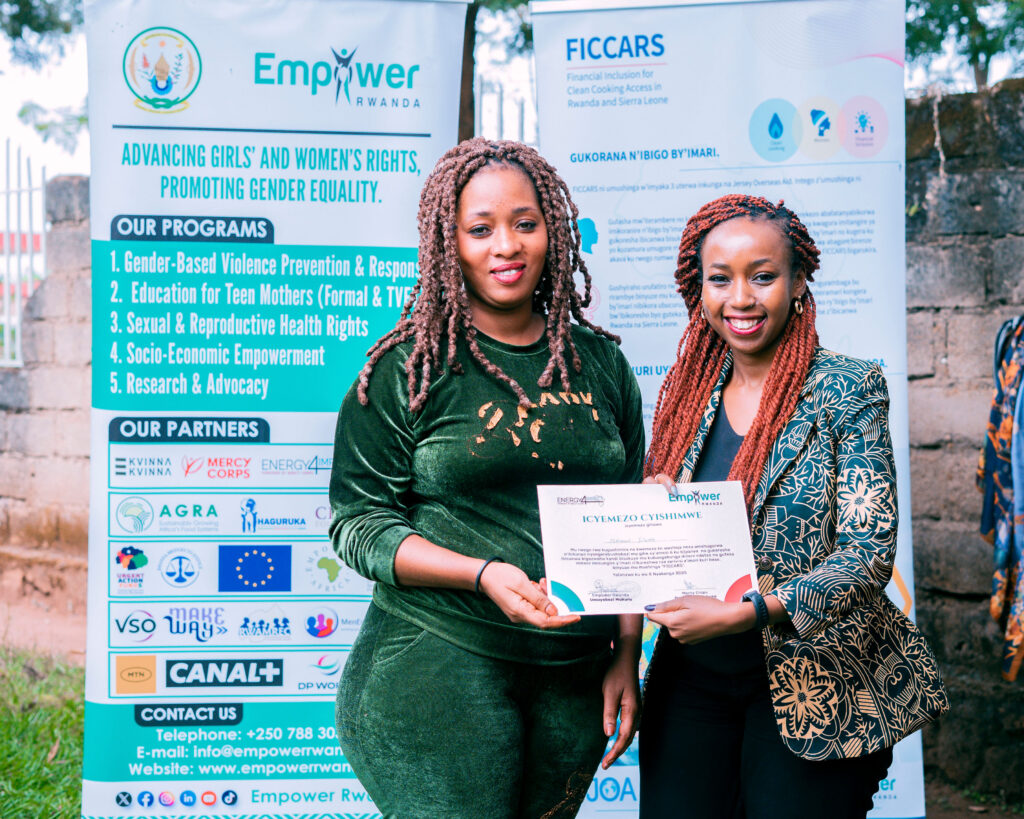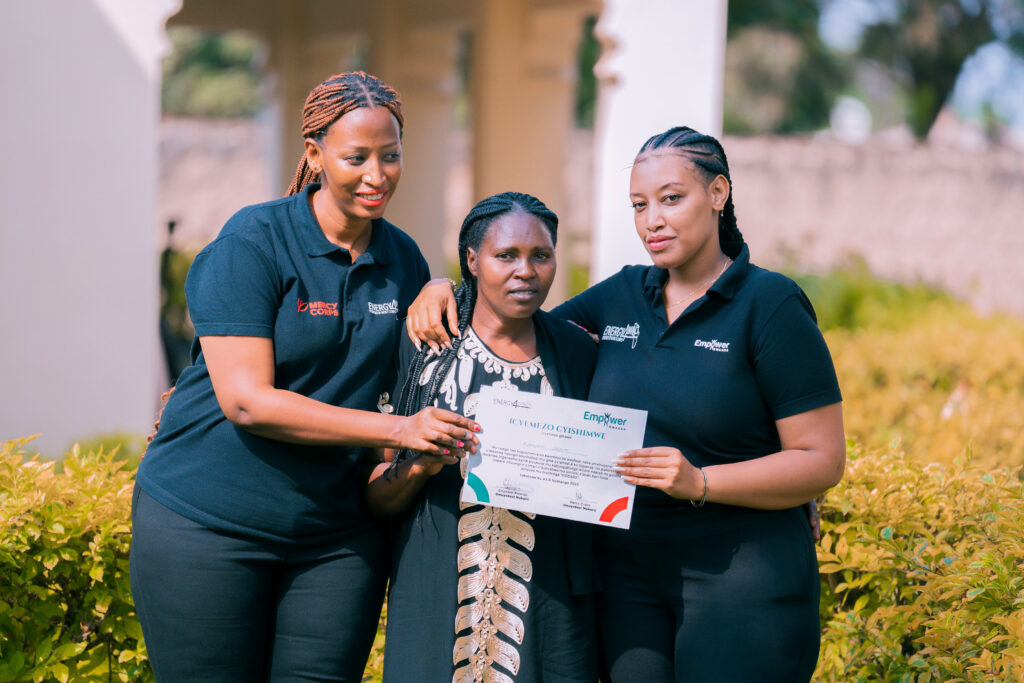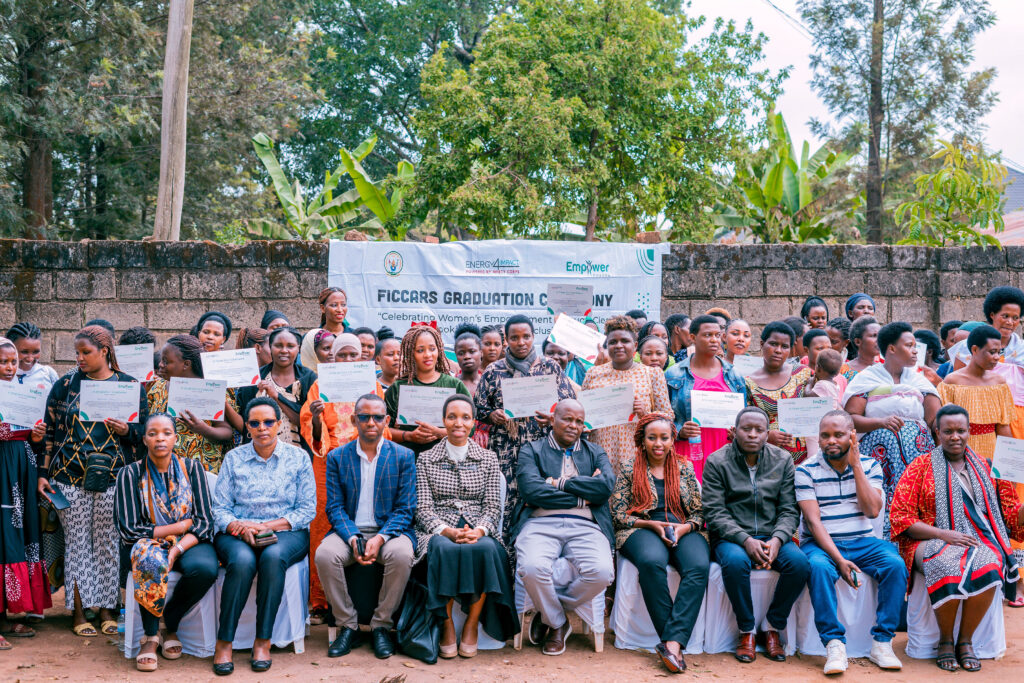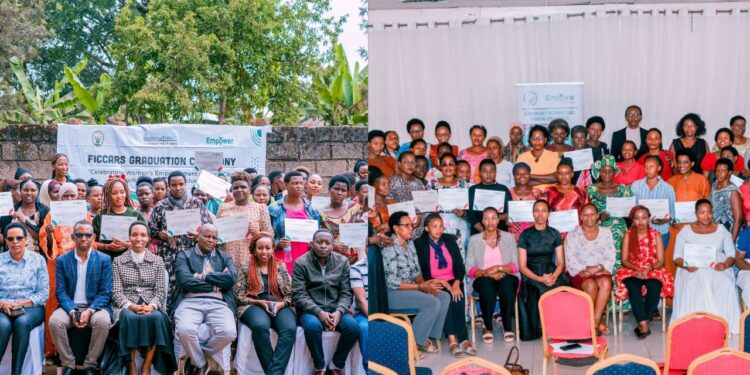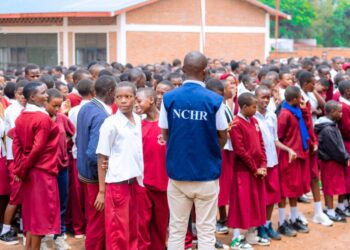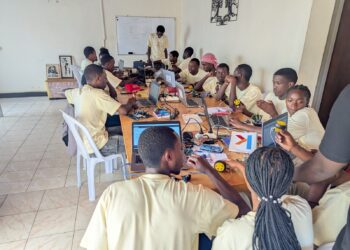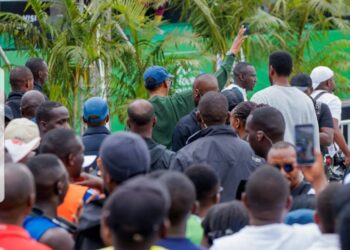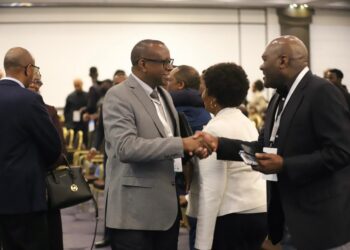For many women in Rwanda’s informal urban communities, daily cooking has long meant more than just meal preparation—it has meant hours spent collecting firewood, inhaling smoke from open fires, and sacrificing opportunities to earn income or care for their families.
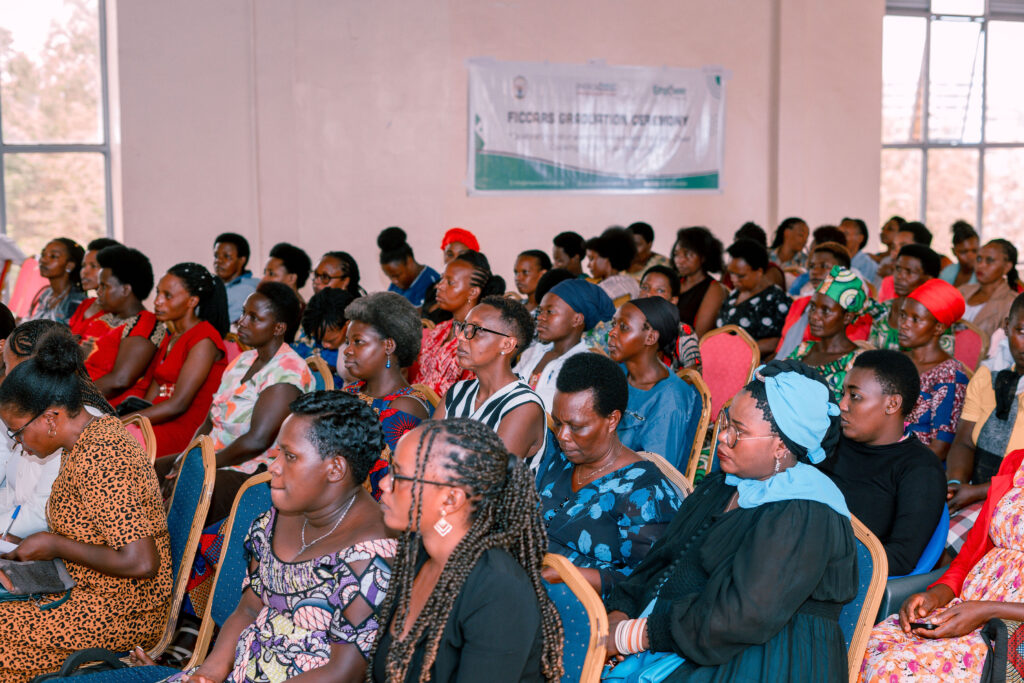
But this week, 200 women from Gasabo and Rwamagana districts are turning a new chapter one marked by clean energy, financial literacy, and economic empowerment.
They are the latest graduates of the Financial Inclusion for Clean Cooking Access in Rwanda and Sierra Leone (FICCARS) program, a three-year initiative that is changing lives by connecting women to safer cooking technologies and essential financial skills.
“Thanks to the training from Empower Rwanda and their partners, I’ve gained financial independence,” said Uwizeyimana Marie a graduate from Gasabo. “I now manage my savings, and my restaurant business has grown. I can afford health insurance, school supplies, and better meals for my family.” Jersey Overseas Aid in partnership with Mercy Corps Energy for Impact and Empower Rwanda have been implementing a 3 years FICCARS program in Rwanda and Sierra Leone launched in 2022. It targets women in vulnerable urban areas where access to clean cooking and financial services has historically been limited.
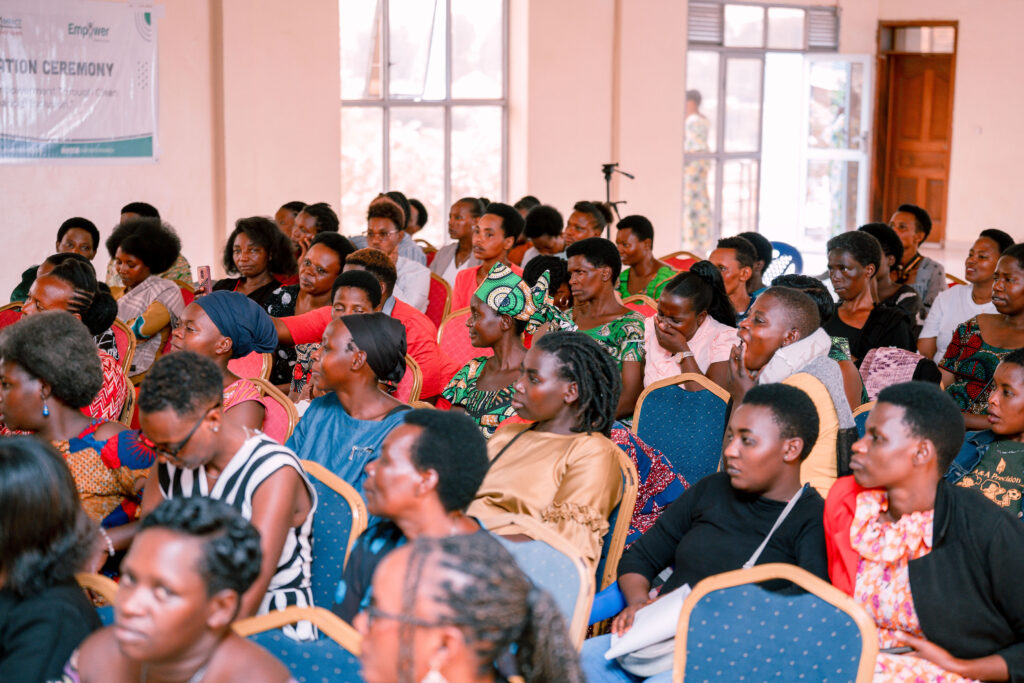
Over the course of the program, 2,000 women have been trained in basic financial literacy and clean cooking. Of these, 200 received in-depth mentorship to help launch or grow small businesses, often tied to the clean cooking value chain.
“Our phased approach makes sure no one is left behind,” said Molly Raichenah, Deputy project manager for FICCARS. “Women receive tailored training, build savings groups, and get the confidence and tools they need to thrive economically.”
Savings groups have become a key part of the program’s model. Women come together to pool resources, invest in clean cooking technologies, and support each other’s growth.
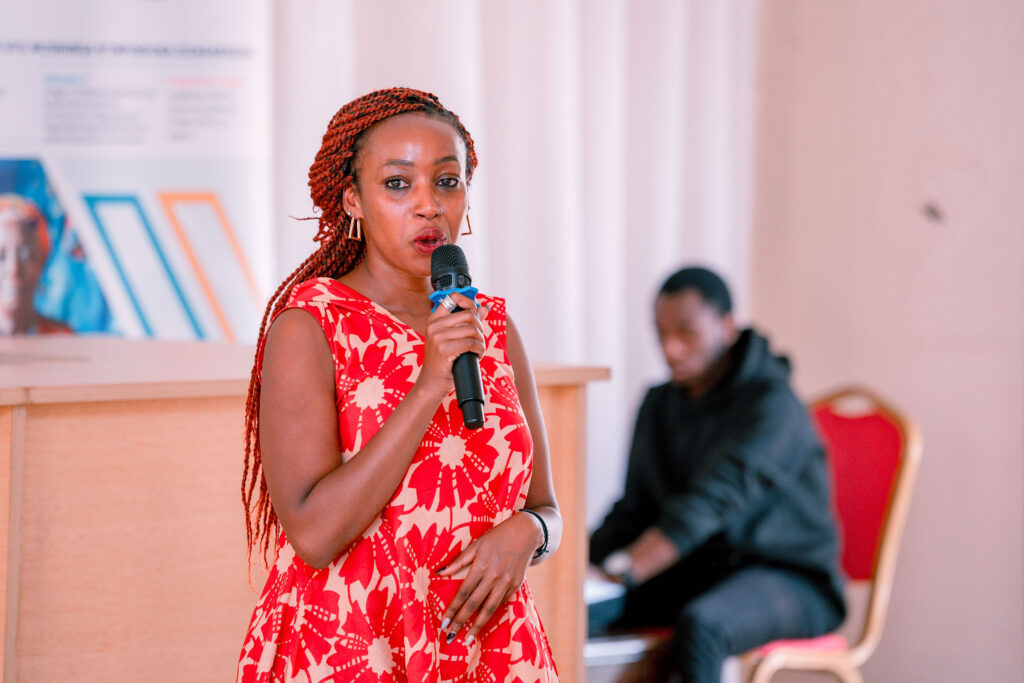
“These groups make clean cooking solutions more accessible and sustainable,” said Raichenah. “They’re also building networks of support that last beyond the program.”
The program’s success is being felt not just in individual homes, but across entire communities. Domina Ntakabanoza, Joint Action Development Forum officer in Gasabo District, praised the impact.
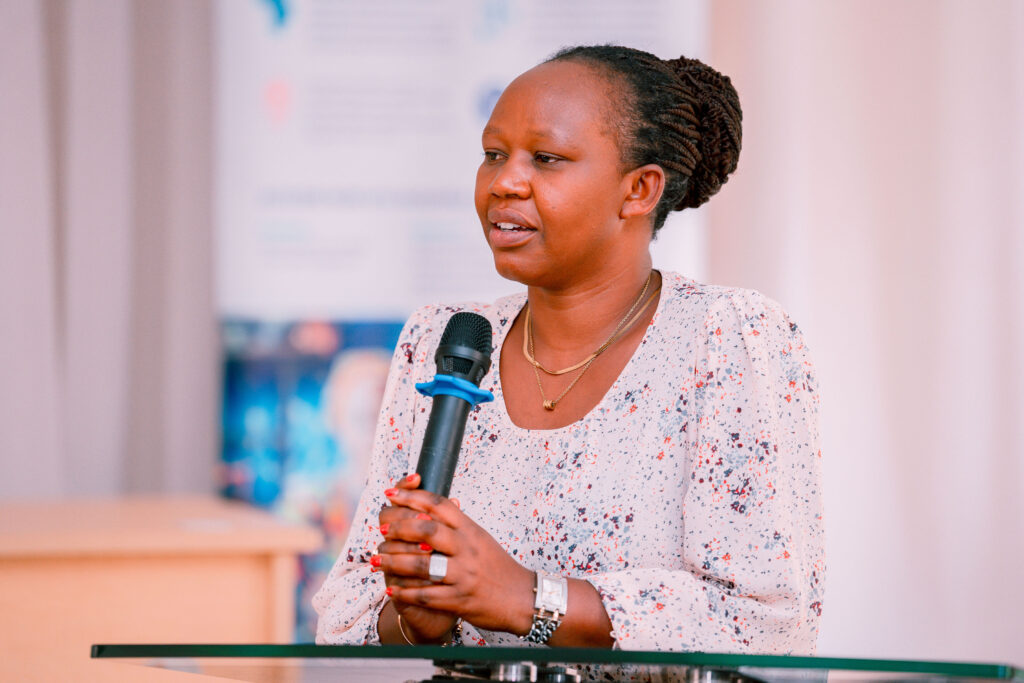
“This program has empowered women to become entrepreneurs and reduced the time they spend on household chores,” she said. “It improves their health, frees up their time, and boosts household incomes.”
For Giraneza Zuwena from Gisozi Sector, the program was a turning point. “Before, I didn’t know how to save or grow my small business,” she said. “Now I have the skills to manage money and invest back into my business. My income has gone up, and I can take better care of my children.”
FICCARS is about more than cooking. It tackles deeply rooted barriers to gender equality, health, and environmental sustainability. In Rwanda and across East Africa, reliance on firewood and charcoal contributes to deforestation and exposes women and children to harmful smoke daily.
By introducing affordable, cleaner technologies and educating women on how to access credit, the program helps build lasting resilience.
“Women in urban low-income areas face major challenges lack of financial education, limited access to formal credit, and high energy costs,” Raichenah said. “FICCARS is helping them overcome those hurdles.”
The program also works closely with clean energy companies to improve distribution models and with microfinance institutions to develop products tailored for low-income women.
So far, FICCARS has conducted surveys and trained more than 1,200 women in financial and clean cooking literacy. Based on these findings, the program has identified three main groups: women who can afford clean stoves with credit, those who need awareness and financial support, and those requiring more intensive training due to low literacy or income.
“This helps us customize our approach,” said Peace Mbabazi, project manager at Empower Rwanda. “Some women need loans, others need knowledge and some need both.”
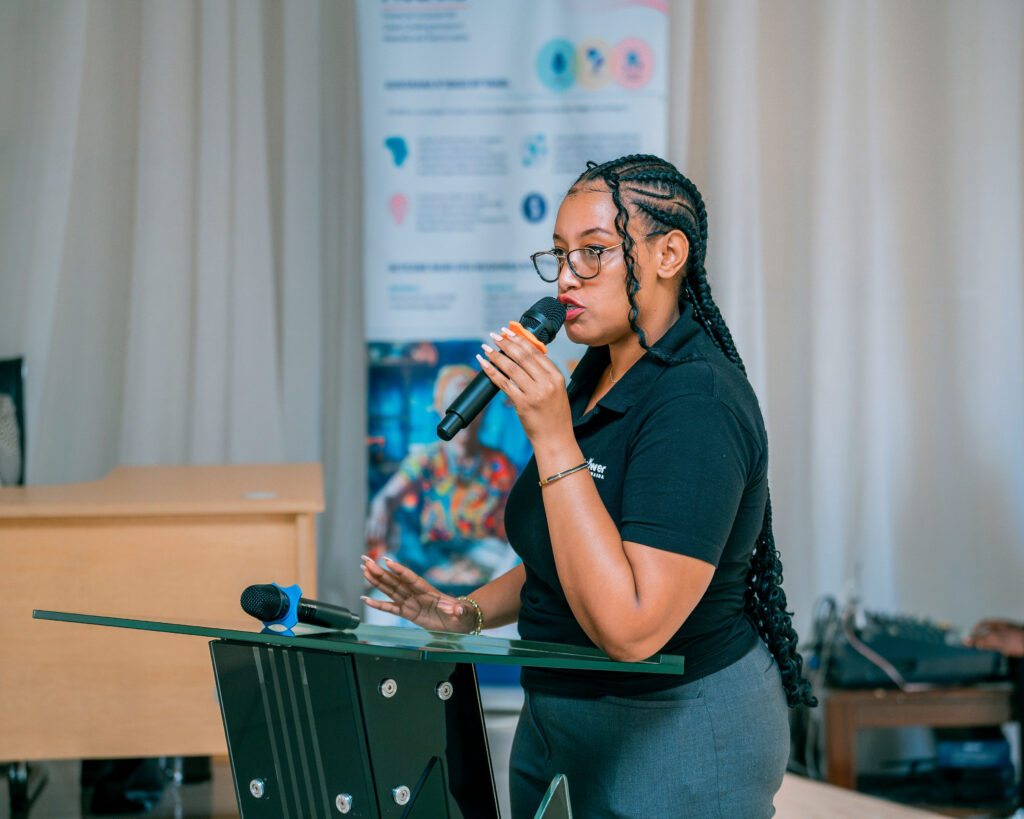
Changing Mindsets, Building Movements
FICCARS doesn’t just train women, it engages entire communities. Men and youth have been invited into community dialogues aimed at promoting lasting gender equality.
“This is about changing mindsets as much as changing stoves,” said Sarah Mukantanganda, Empower Rwanda’s Gender and inclusion specialist. “We need families and communities to support women’s growth, not stand in the way.”
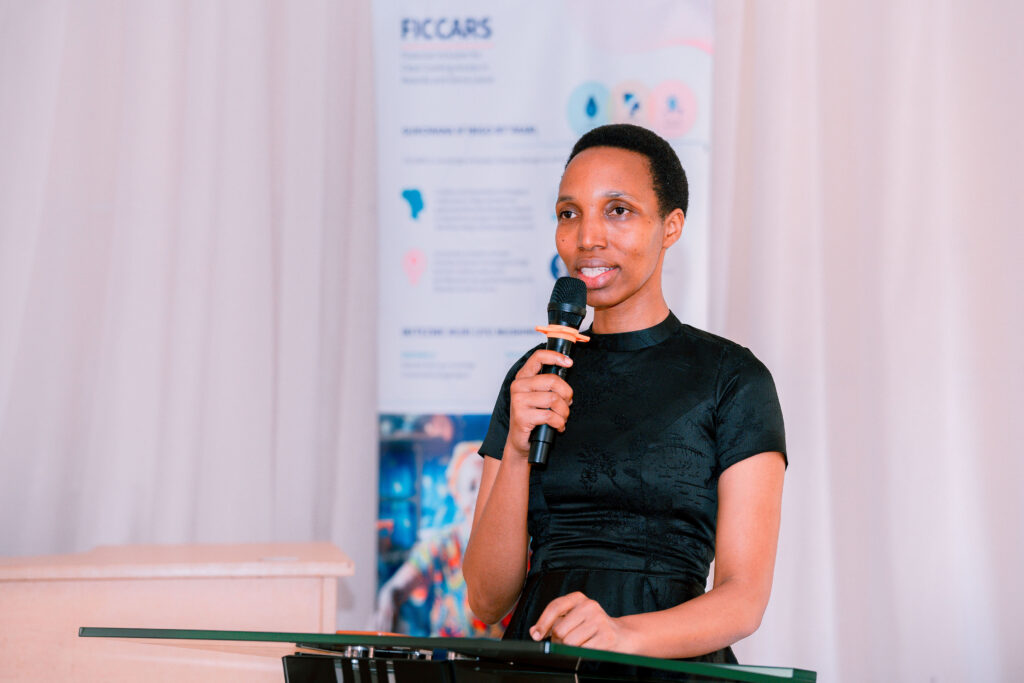
The program’s broader goal is to reach 8,000 women by August 2025 with access to clean cooking technologies, train 2,000 in income-generating skills, create 600 jobs in the clean cooking sector, and mentor 400 women entrepreneurs. Its model anchored in partnerships, research, and real community voices is already gaining attention across the region.
With the graduation ceremony held, local leaders celebrated the women’s accomplishments and the ripple effect the program is creating from reduced health risks to greater financial resilience.
Graduates stand as proof that when women are equipped with the right tools and knowledge, they can drive meaningful, lasting change in their homes, their neighborhoods, and their countries.
“This is about dignity, opportunity, and equity,” said Raichenah. “And we’re just getting started.”
